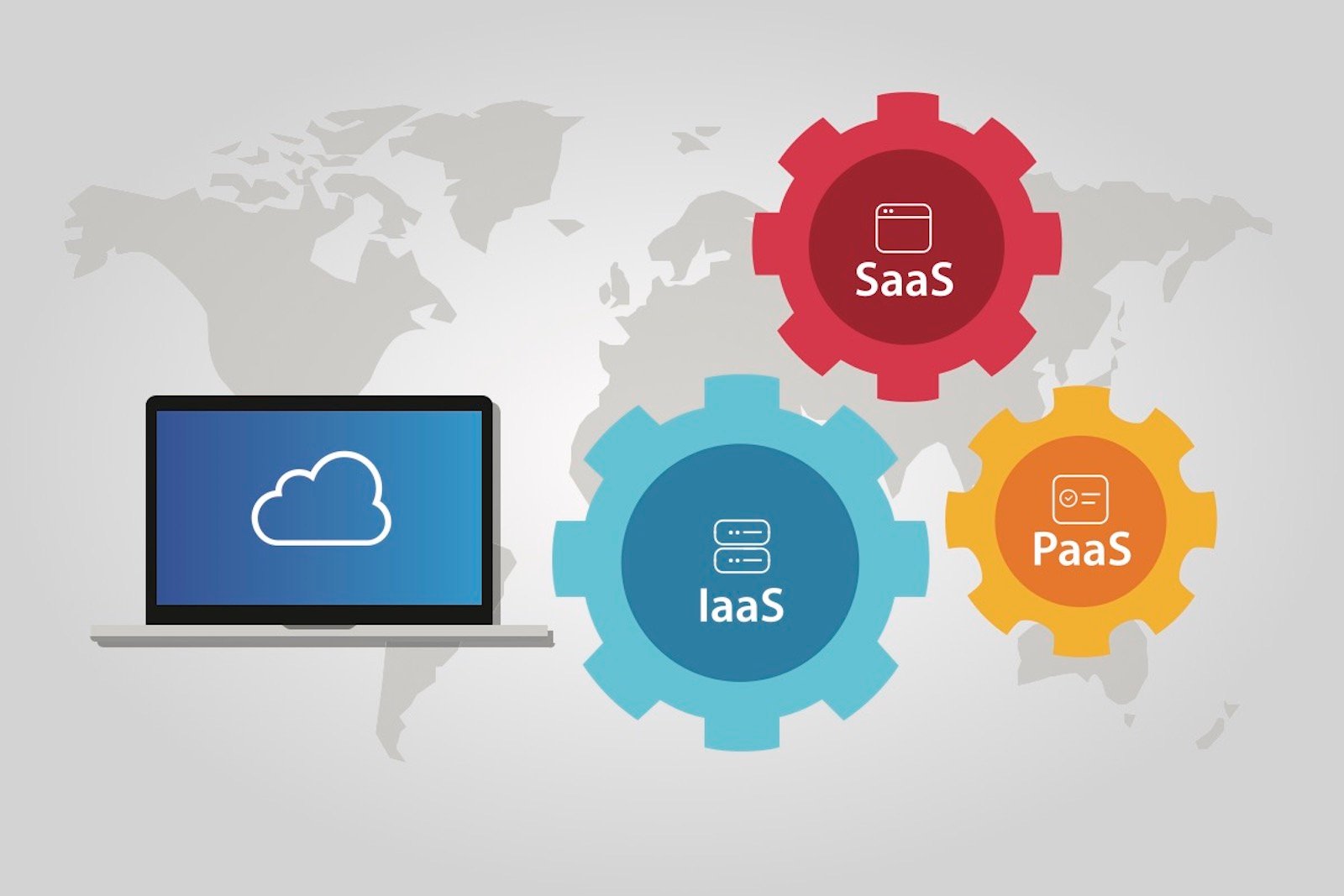Tips for Choosing the Perfect Cloud Service Provider
Team Calance | 1 Dec 2021

Everybody’s migrating to the cloud, but not all cloud service providers are meant for everybody. Considerations abound when it’s time to think about finally taking your business through digital transformation to the cloud. If you’re at this stage of the process, you’ve already tackled the challenges and built a roadmap to guide your cloud migration — you’re almost there. The final part of your journey is choosing which cloud provider is the best fit for your business now and in the future.
In this blog, we’ll take a look at some of the most important factors to consider when choosing a cloud provider that’s right for your business.
Primary Strengths and Services of a Cloud Provider
A cloud provider — a company that provides cloud-based storage, applications and platforms — comes in many different forms. Providers can primarily be categorized into three distinct categories: Software as a service (SaaS), infrastructure as a service (IaaS) and platform as a service (PaaS). Some providers offer multiple services under a common branded umbrella, such as Google and Microsoft.
To understand which is right for your business, assess which type of service your business needs. If it's a cloud-based software upgrade, SaaS companies such as Salesforce comprise a shortlist of top providers. Businesses interested in application development would gravitate toward the PaaS group, with AWS as a potential provider.
Understanding your strategic business needs — software, infrastructure, platform or a mix — is crucial to narrowing down which group of cloud service providers is suitable for your digital cloud migration.
Assessing Data Storage and Database Capabilities
According to a Statista report, data modernization like data storage is the second-most popular reason businesses migrate to the cloud. A business can’t grow if its storage is limited.
Innovative businesses have unique storage or database needs with detailed 5- or 10- year plans that factor in scalability, which is why cloud storage is crucial when deciding a provider. You want to make sure that the provider can meet your business's current and future needs.
Customers shopping for an IaaS to help with storage will find a range of options, from virtual machines to physical hardware (for added security) with a range of provision, configuration and operation options. The physical footprint is also essential to consider: A business with aspirations to scale big might want an IaaS provider that has the ability to take on larger clients.
Factoring in Long-Term Goals
If scalability is the driving concern for your migration, then increasing storage isn’t the only consideration to factor into your decision between service providers.
A business's long-term strategic plan and goals help build a roadmap for the evolution of your cloud-based needs. Today, storage might be a significant concern. But if software upgrades and application development are two areas of focus within your organization's growth, you'll need a provider that can support those additional needs.
While it’s possible to choose an IaaS, PaaS and SaaS independently of each other, companies such as Google and Microsoft offer services that cover up to all three, which means you can simplify your outsourcing partnerships to one.
Comparing the Cost of Services
Cloud computing generated more than $300 billion in revenue in 2020, with the Americas as the largest regional spender, according to Statista. Companies are spending money on and earning money from cloud-based computing. This is why cost comparison will always play a critical role in deciding a service provider that fits your area of needs.
Countless billable moments factor into the total cost of cloud migration and continued service. Both Amazon Web Services (AWS) and Azure offer pricing calculators for a better understanding of cost breakdown, bundling, and more.
Not all decisions are based on the bottom line, but pricing certainly plays its part.
Ease of Integration and General Familiarity
We trust what we know, which is why we’re likely to choose a business we already employ for other services. A company that’s integrated Google Docs, the free-to-use cloud-based software suite, into its operations might weigh Google more favorably when choosing a new partner for API development or storage. Familiarity is a very good and helpful thing to consider when comparing service providers.
Data Security Reputation
One of the largest data breaches in history exposed more than 1.1 billion records from one of India's national ID databases in 2018. Today, data is more critical than ever, which is why the security reputation of a service provider is one of the most distinguishing factors.
According to Statista, data is the most-popular consideration for companies migrating to the cloud. From standard compliance to server locations and legal jurisdictions, data security is a complex affair. And why when deciding on a provider to verify they have certifications and the reputation to provide the level of data security you need.
An IT Partner Like Calance Can Help Guide Your Decision
The right IT partner will offer essential insight into which cloud provider is the best fit. With more than 20 years of providing expert IT services, Calance is a partner that will collaborate, analyze and advise to make sure the needs and challenges of migrating to the cloud are met.
Start narrowing the search for your next cloud service provider by contacting Calance today.
